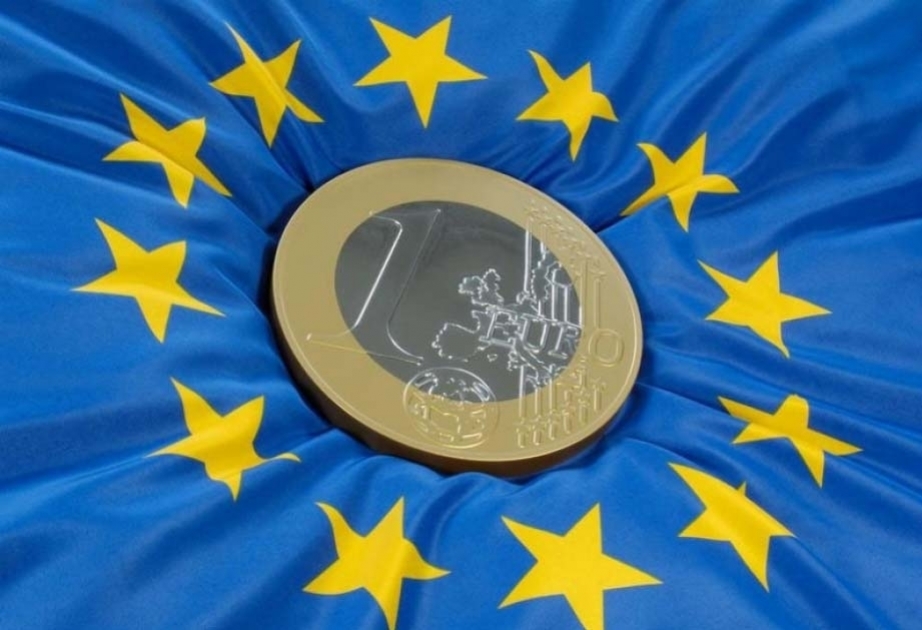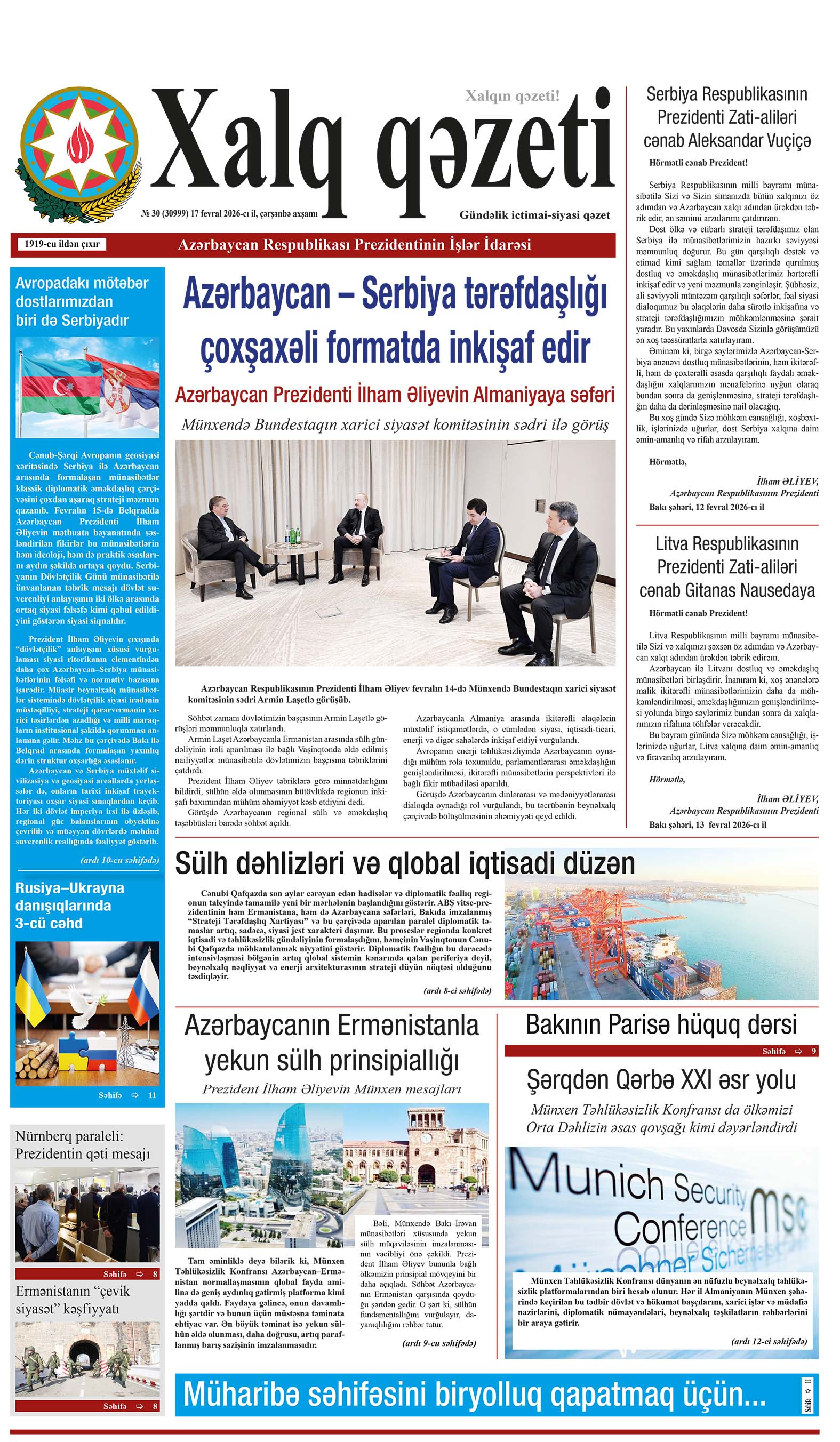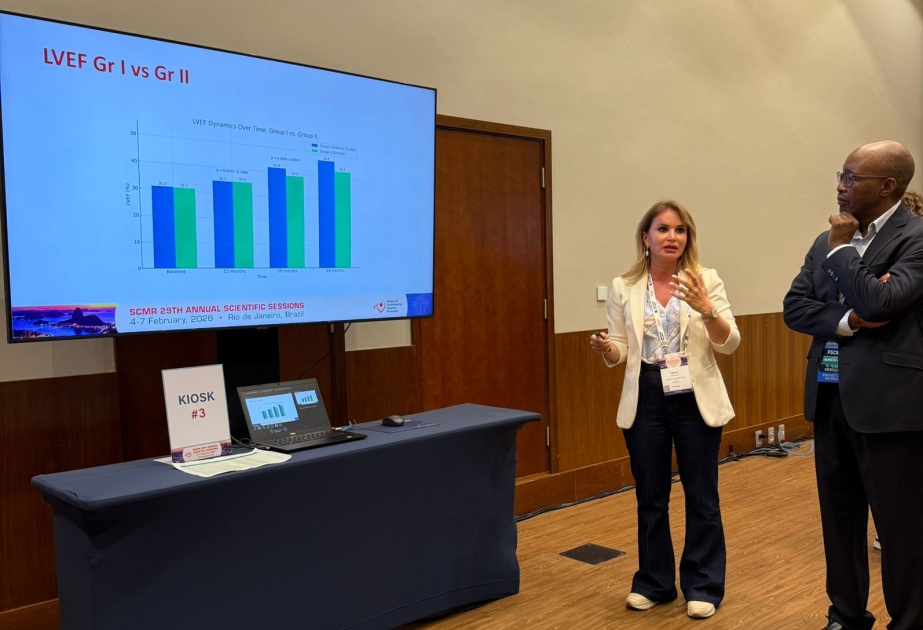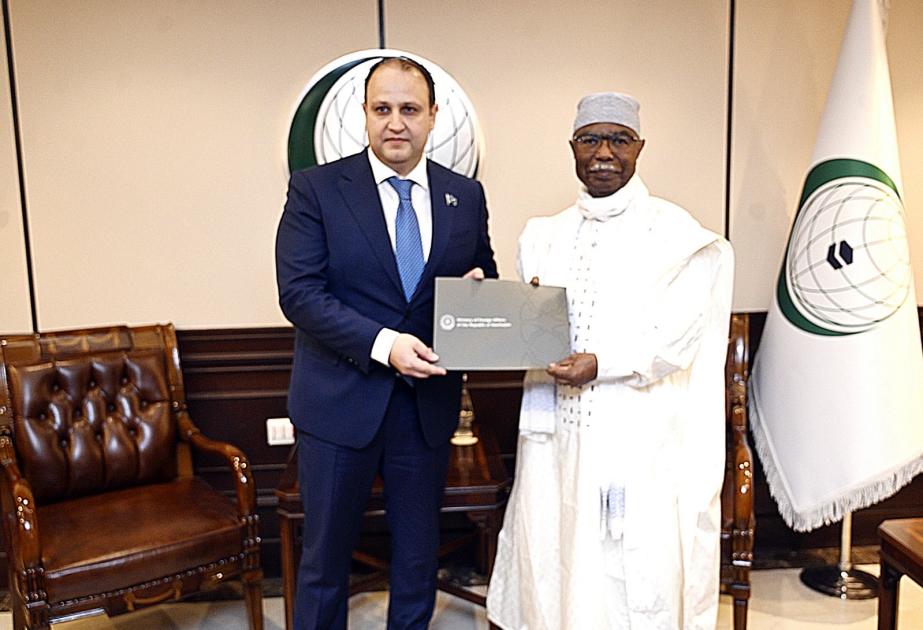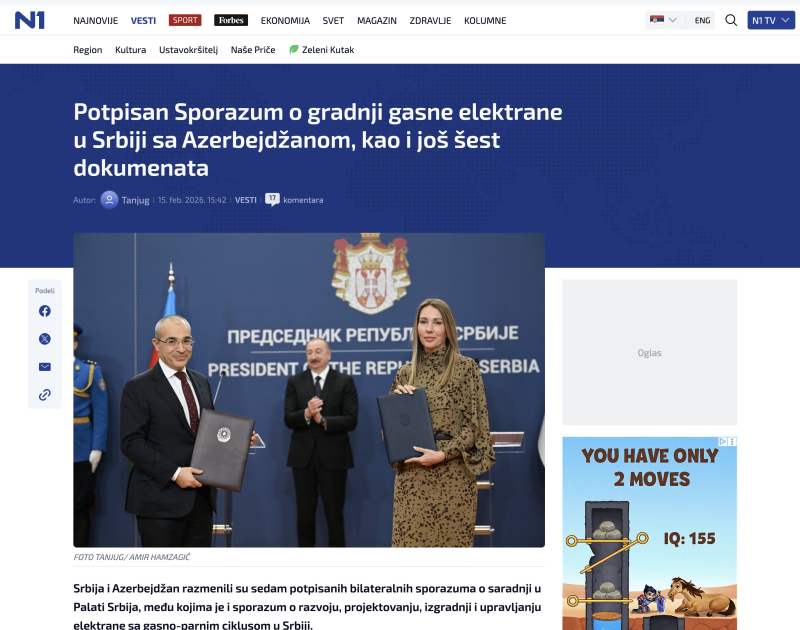The eurozone's yearly inflation rate rebounded in December after a steady decline in recent months, reaching 2.9 percent compared to 2.4 percent in November, Xinhua reports citing a flash estimate published on Friday by Eurostat.
Yearly inflation in the eurozone is still driven by the prices of food, alcohol and tobacco, which reached 6.1 percent in December, compared to 6.9 percent in the previous month.
Meanwhile, yearly inflation for the cost of services remained stable, at 4 percent, from November to December.
Non-energy industrial goods registered a yearly inflation rate of 2.5 percent in December, down from 2.9 percent in November.
The price of energy accounts for the rebound in the yearly inflation rate of the eurozone in December, going from -11.5 percent in November to -6.7 percent in December.
The highest yearly inflation rates for December were recorded in Slovakia (6.6 percent), Croatia (5.4 percent) and Austria (5.7 percent).
According to Bert Colijn, senior economist for the eurozone at Dutch financial services corporation ING, the increase in inflation is mostly due to fading energy base effects and concerns over the Red Sea supply chain.
Inflation crumbled in 2023, led by weak demand and fading supply shocks, Colijn said. "The inflation outlook continues to be quite benign and we expect eurozone inflation to be around two percent again by the end of the year," he added.
The European Central Bank in December 2023 decided to leave its key interest rates unchanged. Despite the recent decline of inflation in the eurozone, the bank cautioned that "while inflation has dropped in recent months, it is likely to pick up again temporarily in the near term."


